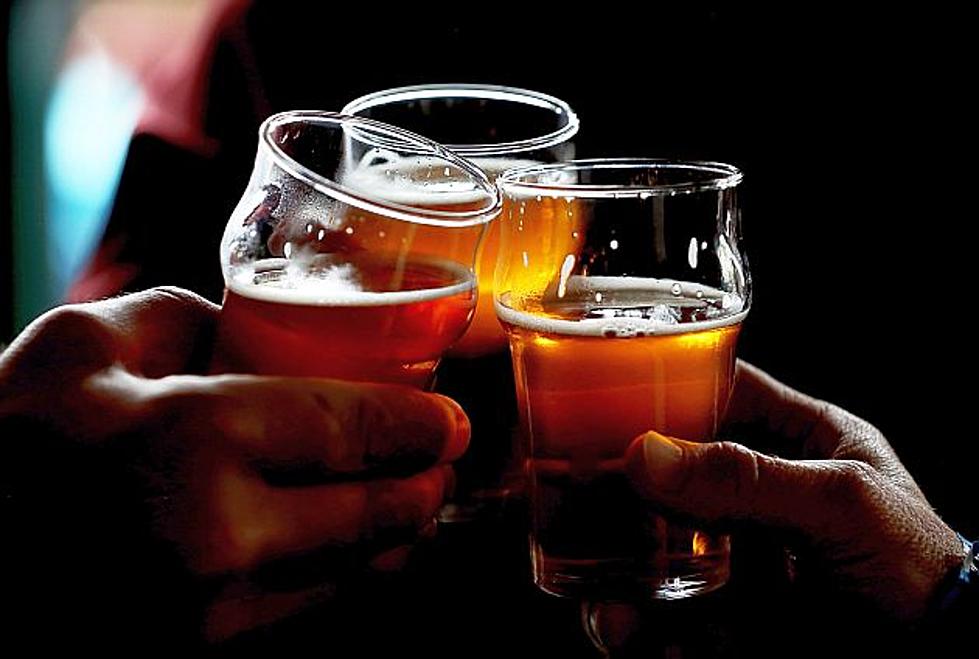How Hollywood’s Harassment Fallout Could Finally Sober Up the Industry
With alcohol and drugs emerging as worrisome throughlines in many harassment cases, employers like CAA and WME are changing their parties, and addiction centers are seeing a “huge” boon.
Morgan Spurlock posted an emotional essay ton Dec. 14 that detailed parts of his own history of sexual misconduct, adultery and questionable behavior. He even played therapist, positing reasons why he’d acted recklessly for years, including: “Is it because I’ve consistently been drinking since the age of 13?” questioned Spurlock, pointing to a bottle. “I haven’t been sober for more than a week in 30 years.”
If one thing that has served as a red flag-worthy throughline in scores of shocking sexual misconduct allegations against everyone from Kevin Spacey and Roy Price to Mario Batali and Corey Lewandowski, it’s booze. Wild tales of drinking, drug use and the inappropriate fallout from lowered inhibitions are hardly new, but after the reckoning that came with the avalanche of harassment and misconduct stories — starting with Harvey Weinstein in October and with no last call in sight — the question is whether collective Hollywood has hit rock bottom and is ready to take steps to get sober.
It’s already happening, says a top sober coach with a roster of A-list acting clients. He tells The Hollywood Reporter that he’s already seen a marked increase in calls from insiders and their representatives, and he expects that to continue. “It’s going to be huge,” explained the recovery expert, who cannot be named due to privacy issues. “The reporting of this behavior has inspired people. People have to change. This old stuff is unacceptable now — and that includes drinking.”
Employers and human resources departments seem to be moving in that direction. December’s holiday parties — often a booze-fueled minefield — were more dry-leaning than usual. Officially, agencies like CAA and WME declined to connect changes made to their holiday events to the current climate, but it was not business as usual: CAA canceled its company-wide event, instead offering in-office pampering for assistants; WME opened their holiday party up to entire families for a kid-friendly night out at Universal Studios. And the trend has spread beyond Hollywood. Chicago-based consulting firm Challenger, Gray & Christmas recently released findings for its Holiday Party Survey Report, a poll of 150 human resource representatives across the country, and found there was a 13 percent decline in employers serving alcohol at holiday events. “Employers are currently very wary of creating an environment where inappropriate contact between employees could occur,” said Andrew Challenger, the firm’s vp.
Checking in to treatment has long been considered a good PR move, and one that can lead to less-harsh sentences if criminal charges are involves. But in today’s climate, men who are facing sexual harassment allegations could be turning to treatment to save their livelihood or to help change culture. Statistics on how many industry people have or will enter treatment for substance abuse in connection with sexual misconduct are less easy, if not impossible, to find. Treatment centers don’t provide that type of data, but Dr. Matthew Polacheck, director of outpatient services at Betty Ford Center on Santa Monica, part of the Hazelden Betty Ford Foundation, says it’s not difficult to connect the dots. “We’ve seen an incredible parallel with all of this stuff coming to the surface,” says Polachek, who has 15 years of experience in the field. “People are coming out now and sharing their stories, and as a result, addiction is coming to the surface a lot more as people realize the harmful ways their disease affects their lives and the lives of those around them.”
The key, though, is that individuals must want to make a change by removing substances from their lives, Polacheck says. “A lot of the people in the news were forced into treatment, and unfortunately, we know that you can’t force someone to take care of a chronic disease,” he adds. ” Once they’ve received treatment, it’s up to them to manage their disease, and for some that’s going to AA meetings, meeting with a sponsor, seeing a therapist and doing meditation. We have evidence that treatment works, but part of that treatment means managing the disease.”
January has always been a month of optimism, and the recovery community typically notices the crush as rehabs fill up. “It’s always the biggest month of the year — because it’s resolution season and people always feel as if they’ve hit their rock bottom by the end of the year,” says Polacheck, who adds that his industry is not unique. “You’ll sit at Equinox waiting 20 minutes for a machine that in two months nobody is using.”
Christian Castaneda, a licensed clinical social worker and program director at industry-favored treatment center Promises with 15 years of experience in the field, says that even after treatment, Hollywood insiders may find it difficult to jump back into their old jobs. “The challenge is to re-educate the sober mind on how to function in the old job,” Castaneda told THR. “This is usually not sustainable, leading to a change of jobs, or relapse if the same job is maintained.” Still, it should be noted that while alcohol and drugs often contribute to sexual misconduct, substances themselves are no excuse. “The bottom line is that some of these men are monsters,” says Polacheck. “You don’t masturbate in front of 45 people unless there’s something else wrong with you.”


